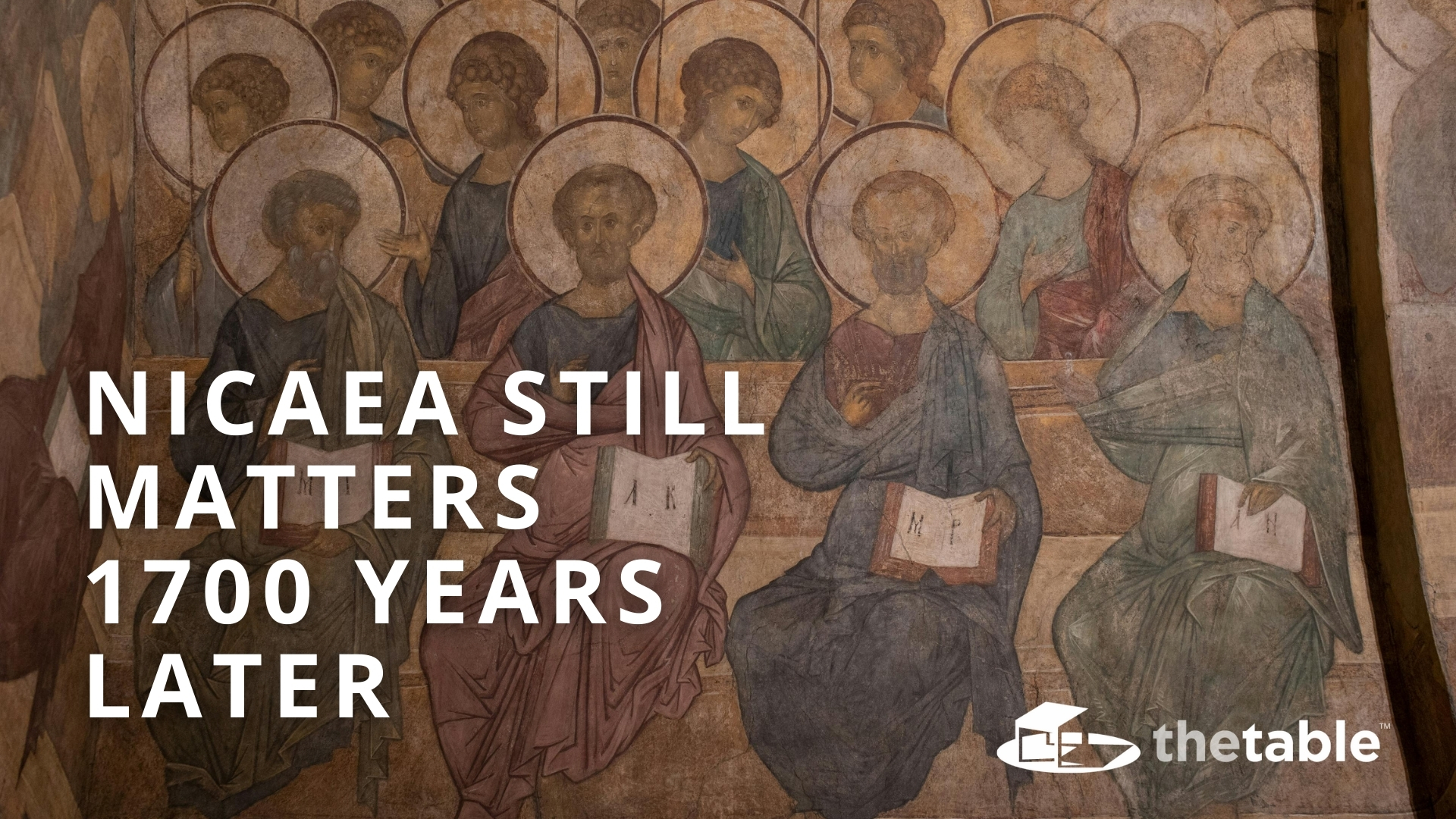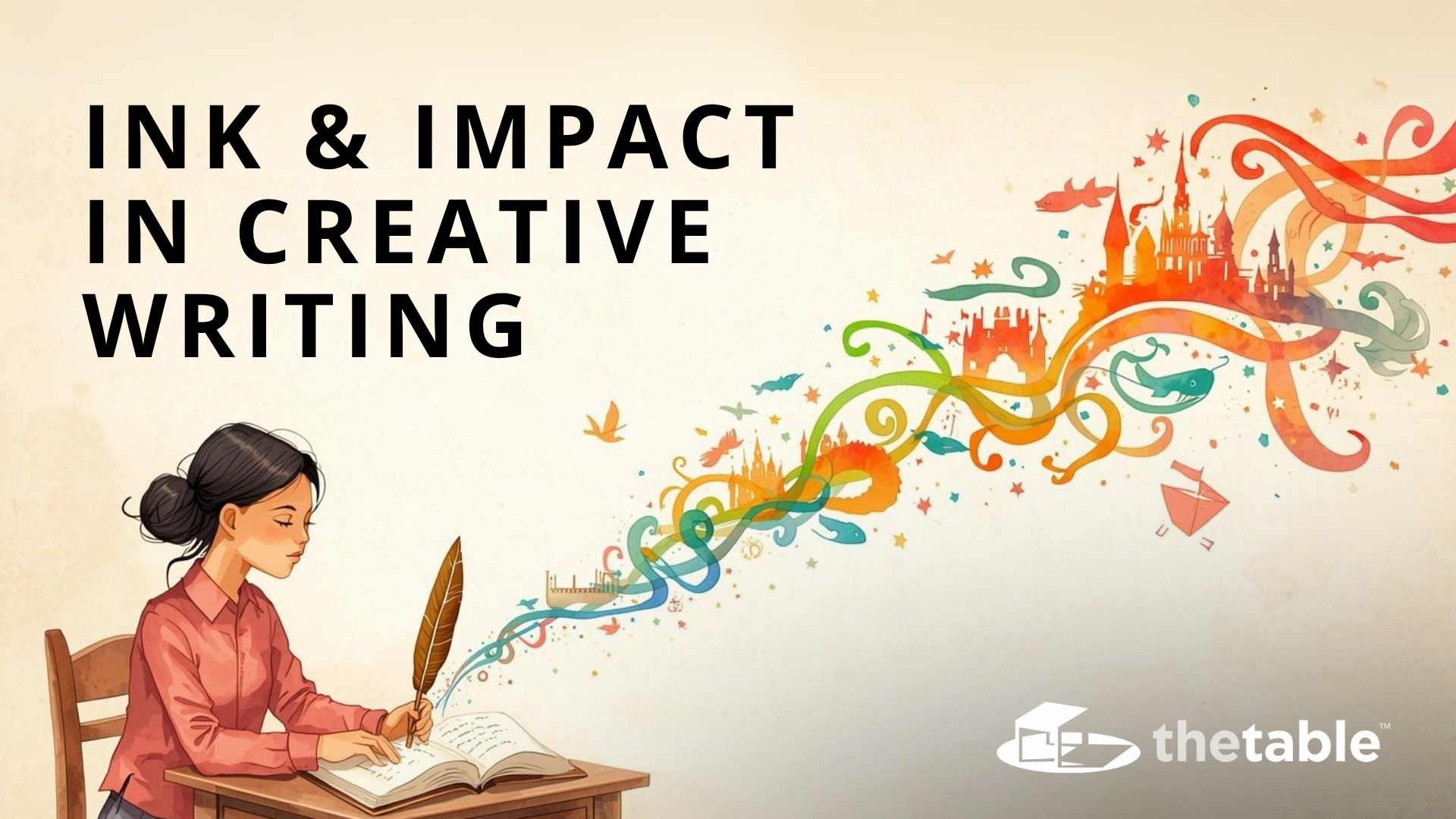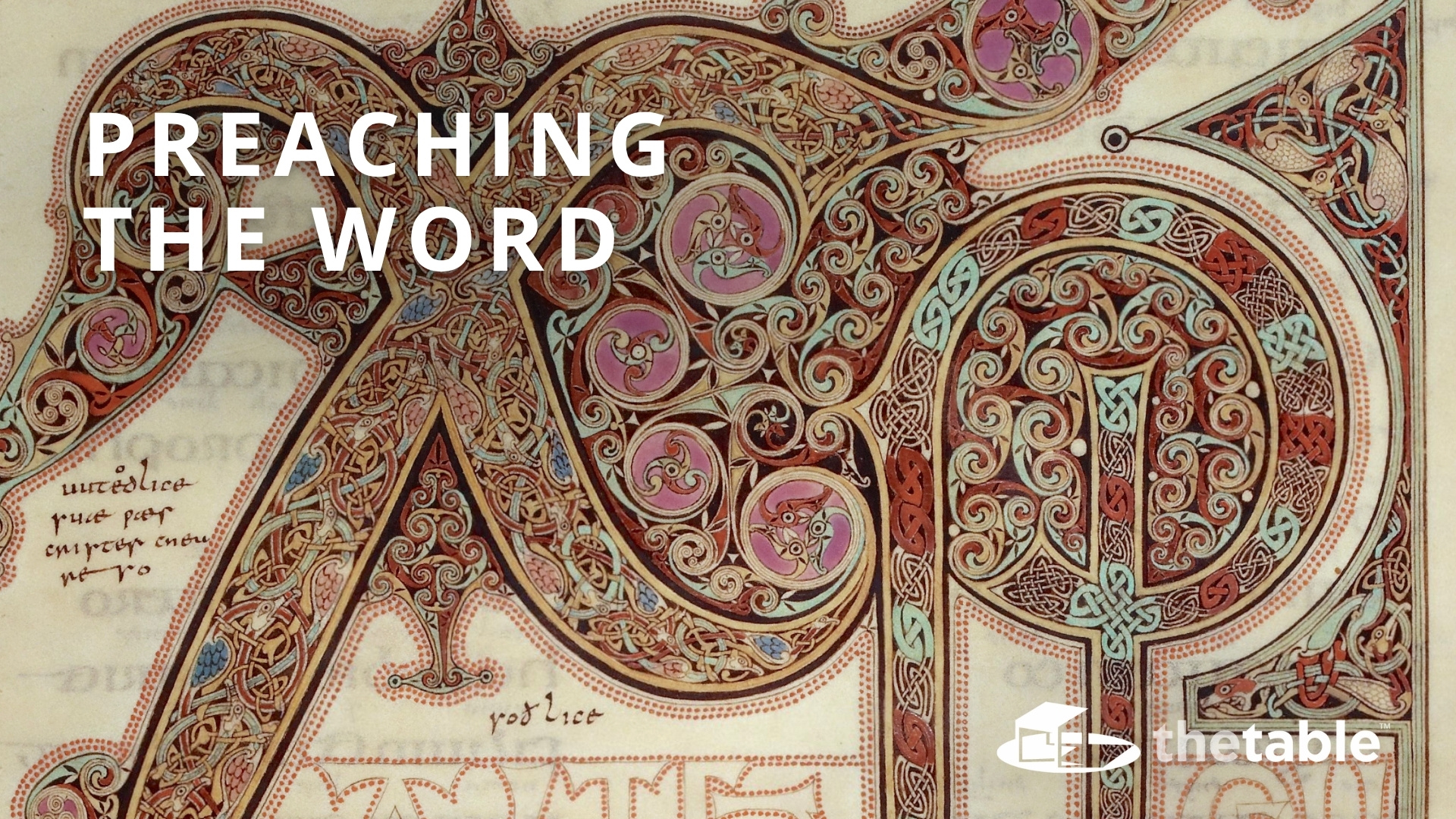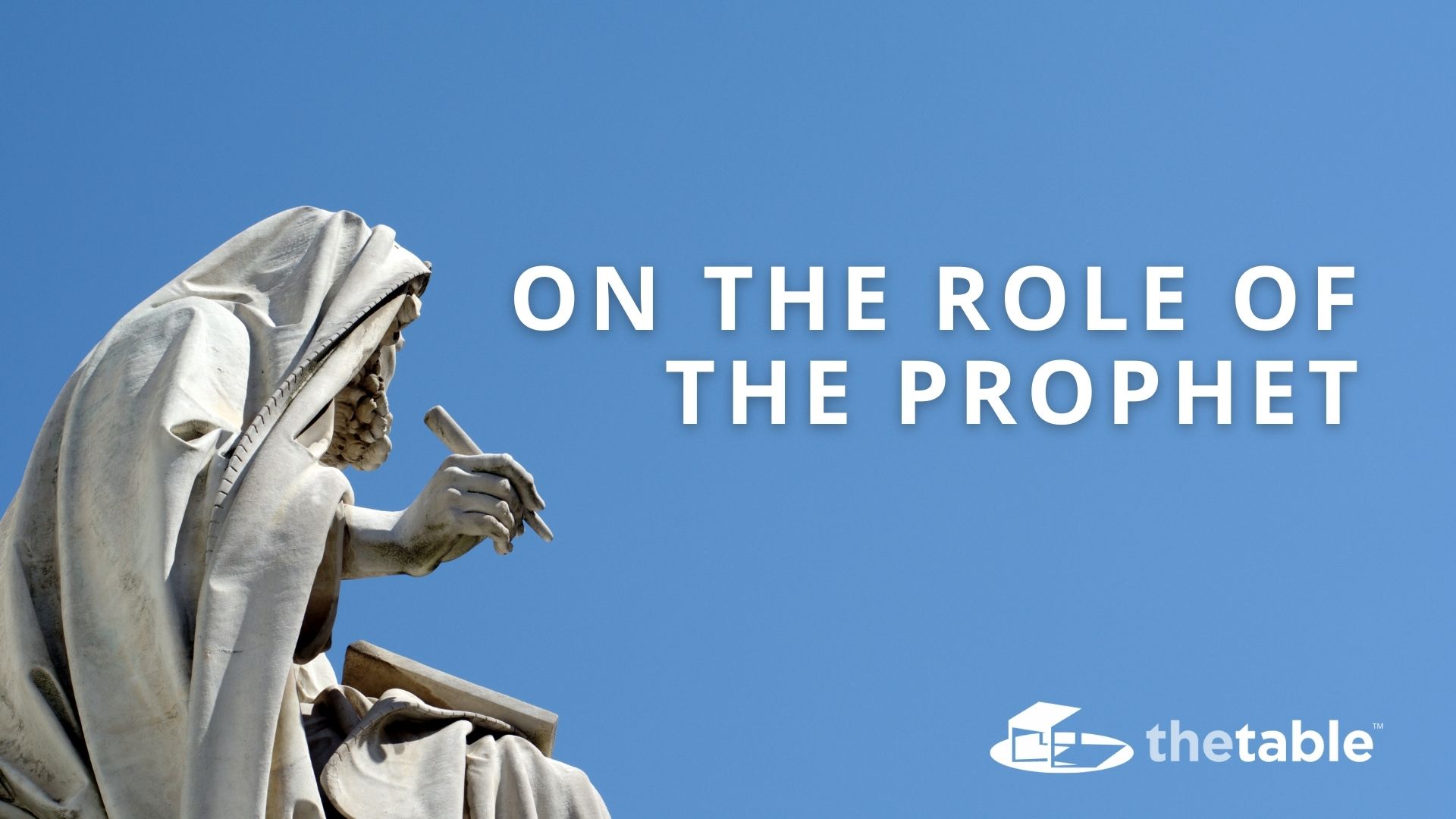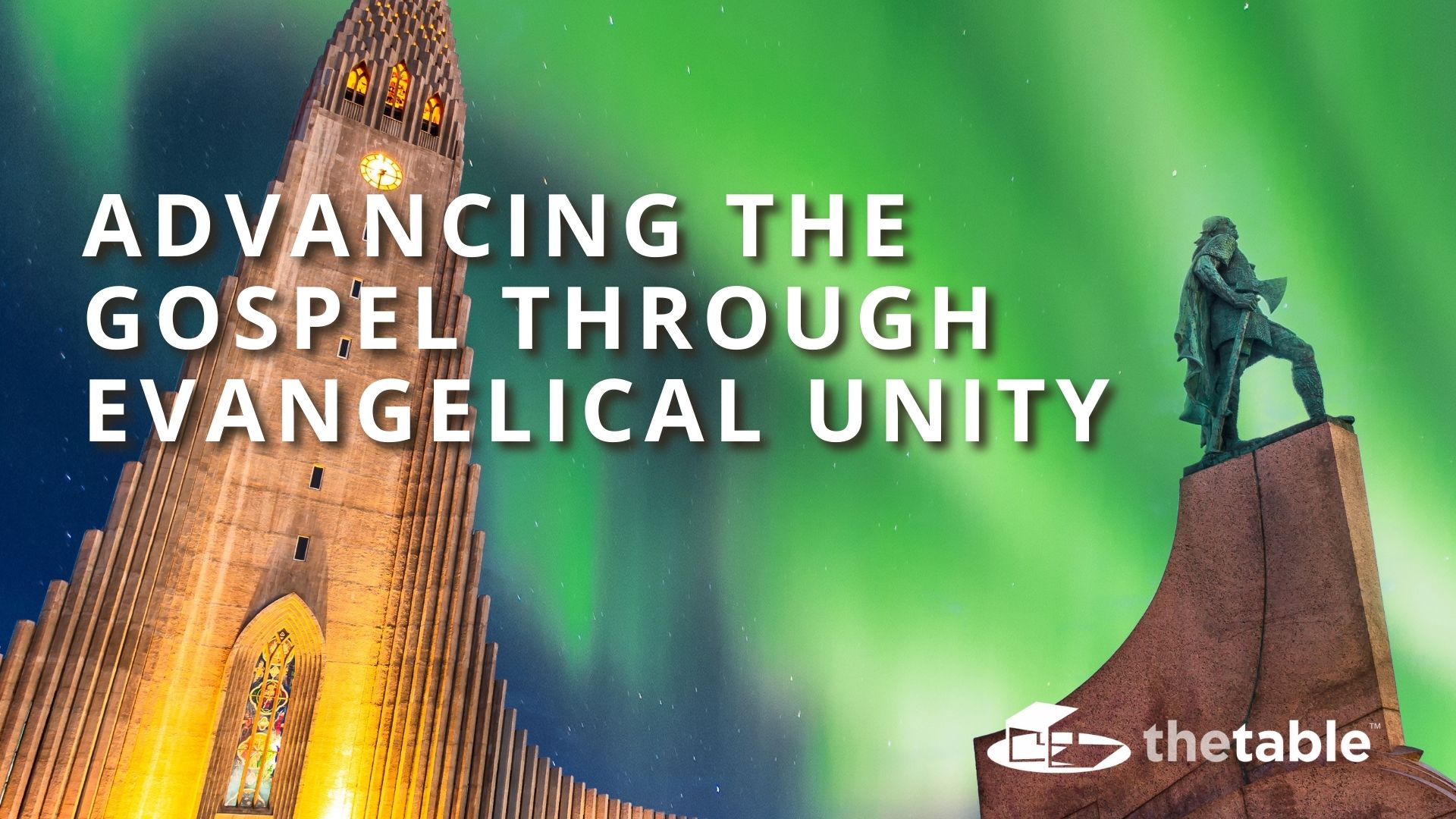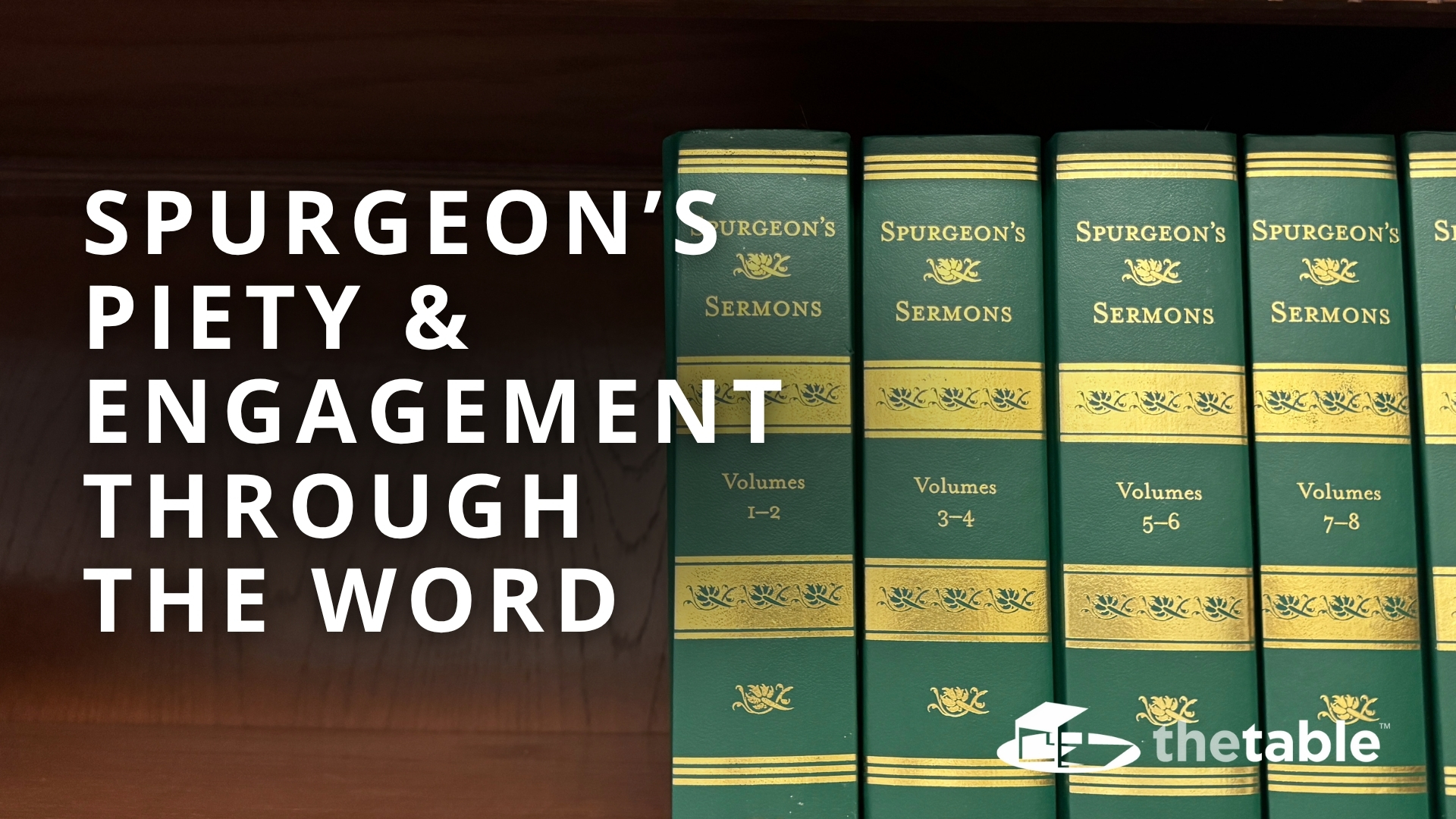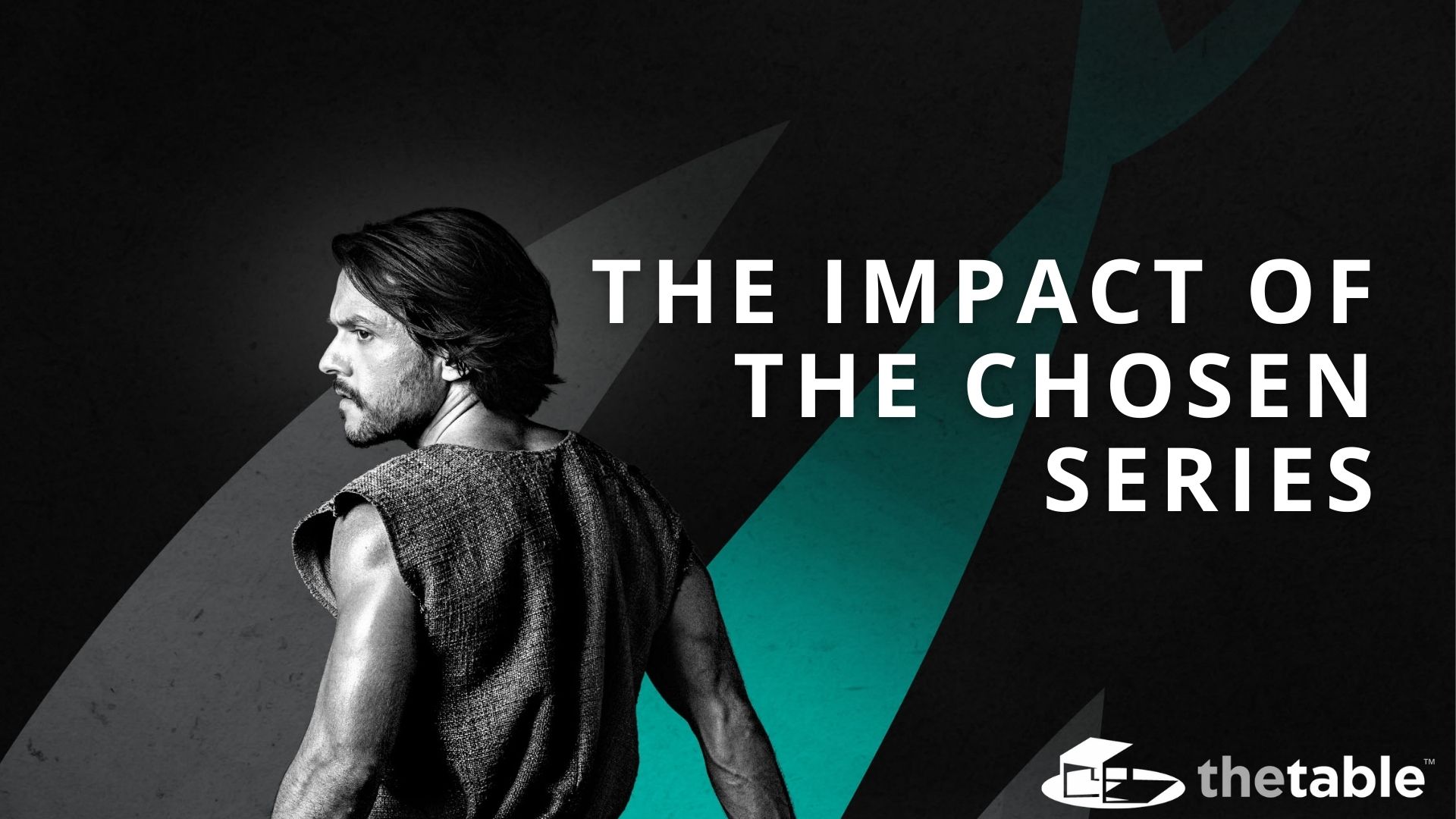Nicaea Still Matters 1700 Years Later
Description
Kymberli Cook:
Welcome to The Table Podcast where we discuss issues of God and culture. My name is Kymberli Cook and I am the Assistant Director of The Hendricks Center here at DTS. And today we are going to be talking about the Nicene Creed and why it still matters 1700 years later. And yes, I said 1700 because we are now in—this is being recorded in—2025, which is 1700 years from 325 AD when the Nicene council originally met, and the confession that came out of the Nicene council is the Nicene Creed. So we are celebrating that as church historians do, by sitting around and talking.
Michael Svigel:
Carrying on the tradition.
Kymberli Cook:
Exactly. So we are joined by two very qualified gentlemen who've dedicated their lives to talking and thinking about theology and church history and those types of things. And so we just want to thank you so much for being here. We have doctors Malcolm Yarnell, who is a research professor of theology at Southwestern Baptist Theological Seminary. I always have a hard time saying that strip. I don't know why, but I do. And he's also the editor of the Southwestern Journal of Theology. So thank you so much for being here, Dr. Yarnell.
Malcolm Yarnell:
Thank you for having me. I'm glad to be here.
Kymberli Cook:
Absolutely. And we're also joined—as always—by Dr. Michael Svigel, the department chair and professor of theological studies here at DTS, as well as one of a couple of our church historians, especially heavy hitters. And so we're thrilled to have you with us once more.
Michael Svigel:
Thanks for having me back.
Kymberli Cook:
Of course. So let's let you get to know them a little bit better. And first, if you guys wouldn't mind just telling us a little bit about yourself and how you ended up spending your life thinking about church history and theology and all things in that direction. How did you end up sitting in a library that long? We can start with you, Dr. Yarnell.
Malcolm Yarnell:
That's a great question, especially when you consider that in high school I did everything possible to avoid the library.
Kymberli Cook:
Really?
Malcolm Yarnell:
Yeah, no, for me it's a sense of calling. I knew when I surrendered to the ministry that I was called to be a teacher. And I also discovered through experience and through just listening to the Lord through preaching, through Bible study that if I'm going to teach well then I need to have been where the people that I'm teaching are going. So I knew the Lord had called me into the pastorate as well. And so I became a pastor and continued my education. So worked on my master of theology—master of divinity, excuse me—at Southwestern Seminary. Learned basics about not only pastoral ministry, but went deep into the biblical languages, took the basics in historical theology and took all my electives in biblical studies, exegesis and biblical theology.
Then went to Duke University and worked on a Master of Theology there. David Steinmetz, Reformation scholar, was my supervisor and really enjoyed that time. Got to meet some great theologians like Stanley Hauerwas and others. And then went on to Oxford University and studied Reformation there, wrote my thesis on royal priesthood in the English Reformation, had the most intimidating exams I think that anybody could ever have. I had Rowan Williams who was the archbishop of Canterbury and Diarmaid MacCulloch, who is a profoundly brilliant, retired now, but the professor of Reformation history at Oxford University. They were my examiners. I thought surely I am done for.
But anyways, so taking the biblical studies and of course I continued to pastor during much of that time. The biblical studies, just love God's word, love to teach it. But also Leo Garrett and David Steinmetz put in me a great desire to understand that the church is not confined to just the people around me, that Bible study is not just me reading the Bible, but me reading the Bible with other believers, not only with other believers that are around me locally or in my same time, but across the field of church history, across the world, and learning more about God, understanding that God is himself greater than my mind can ever comprehend. And every new discovery about God is an invitation to joy. And so that's why I absolutely love to be in the library now.
Kymberli Cook:
Yeah. Because it became so much more communal.
Malcolm Yarnell:
Oh, absolutely. Communal and honestly, I think I get glimpses periodically of his glory when I'm reading Gregory of Nazianzus or Augustine or Luther, although Luther can be hard to handle at points. He'd like to speak his mind.
Kymberli Cook:
He's got feels.
Malcolm Yarnell:
He does, yeah. I used to warn my students, "If you've got some Victorian ethics here, you might not want to check out certain volumes by Luther." But just recognizing that I can still learn more. So yeah, that's how I got into theological education, because I knew I had a call to teach.
Kymberli Cook:
Wonderful. And we've actually heard two different presentations from you here on campus and I can tell you who are listening, he can preach, he can get after it. So Dr. Svigel, what about you? How did you end up thinking about church history especially?
Michael Svigel:
Yeah, I came to Christ in high school before my senior year of high school. I had been led to the Lord by my high school English teacher who was also bivocational pastor. And I've always loved learning. I was kind of the nerd. I actually liked the library and spent as much time in the library as possible. And so yeah, when I came to Christ, I began evangelizing, leading my friends to Christ and was really excited. I felt and was encouraged to go into some kind of ministry. I didn't know, I wasn't really raised in an evangelical Christian home, so I didn't know what that looked like. But as I went to Bible college, I had professors. It was mostly through the counsel of others who saw in me certain gifts and skills and abilities and inclinations. And I was strongly encouraged by a professor of mine back in Bible college—Charles Ryrie, which may mean something to some people—he encouraged me to go on to seminary.
And I came to Dallas. I did come to Dallas Seminary and never left here. I've been here since 1996 in some capacity. But another figure, Jeff Bingham, who is a Patristic scholar and was a chair of the theological studies department at the time really influenced me in more the direction of where I was going to go in historical theology as well as systematic theology. So I developed a really deep interest in early church and Patristics already back in Bible college. So that was something I've been working at since about 1993 and pretty much ever since.
And then with that comes not just church history, but history of like what we're talking about here, the councils and the creeds, and what is the role of these thinkers of the past and how are we responsible for taking this faith that has been given to us, a faith once for all delivered to the saints passed down faithfully from one generation to another? And here we have it. And now we have to make sure that what we're receiving is consistent with what has been originally handed down, that we can pass that then on to the next generation. So I see that as a major point in my calling, not just living out understanding, living out the Christian faith for myself, but retrieving sometimes things that have been neglected, lost sometimes. Every generation's responsibility is to check that what we are receiving is what was originally given and pass that faithfully on.
Kymberli Cook:
I love that. It makes me think of in the Chronicles of Narnia, I think it's Caspian, Prince Caspian, they're talking to the badger at one point and they say, "Because it's yours to remember," and that's the badger's job. It's for you to remember and so it makes me think of this general field and I love it. Obviously I think it's beautiful. I'm in it as well.
So let's turn to the matter at hand. The Council of Nicaea, like I said, was held in 325 AD and there was a summary confession that arose out of that. And we'll get into a little bit more of that confession in a second. So we're going to be talking about the Nicene Creed, but first I actually want to talk about a creed first and then we'll get into Nicaea in a second. So as far as a creed, you may not actually know what that is. You may have heard the term before, but here we're actually… First I want us to talk about what is it that a creed is. So either one of you can hop in. What is a creed?
Michael Svigel:
Yeah. The word creed comes from the Latin word credo means I believe or credimus we believe. And it's the first line of a confession of faith, "I believe x" and from the very beginning, Christians were expressing their belief in one God, the Father Almighty, one Lord Jesus Christ. It wasn't always as formed and formulaic as we see in some of the later creeds, but we have evidence very early on. Already in the New Testament itself, you have these little summary statements that seem to be incorporated. They existed before the writing of the scriptures, the New Testament writing. So it means that they're being recited, they're being sung, they're functioning in some way. So there's summaries of what Christians believe. So you could tug on the toga of some first century Christian and say, "You're one of those weird Christians, aren't you? What do you believe?" And they would have it ready at hand. They believe in this, they believe in that. And it w

